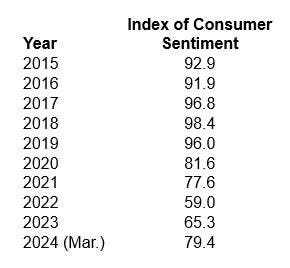A new study has raised questions about the accuracy of the information being shared by health officials regarding the COVID-19 pandemic. The study, conducted by researchers at Stanford University, found that nearly half of the information being disseminated by health officials and the media was inaccurate. This has left many people wondering who they should believe when it comes to important health information.
The study analyzed information shared by health officials and the media between January and March of this year, focusing specifically on information related to the COVID-19 pandemic. Researchers found that 49% of the information shared was inaccurate or misleading in some way. This raises concerns about the reliability of the information being communicated to the public during a time when accurate information is crucial for public health and safety.
One of the main factors contributing to the spread of inaccurate information is the speed at which information is shared on social media platforms. The study found that information shared on social media was more likely to be inaccurate compared to information shared by traditional media outlets. This highlights the importance of fact-checking and verifying information before sharing it with others.
Inaccurate information about the COVID-19 pandemic can have serious consequences, including the spread of misinformation, fear, and confusion among the public. It can also lead to people making decisions that could jeopardize their health and safety. As such, it is crucial for health officials and the media to ensure that the information they are sharing is accurate and based on reliable sources.
While it may be difficult to determine who to believe when conflicting information is being shared, it is important for individuals to critically evaluate the information they are receiving. Fact-checking sources, consulting with trusted experts, and looking for information from reputable sources can help individuals make informed decisions about their health and safety during the COVID-19 pandemic.
In the midst of a global health crisis, it is more important than ever for health officials and the media to provide accurate and reliable information to the public. By doing so, they can help to combat the spread of misinformation and ensure that individuals have the information they need to protect themselves and their loved ones from COVID-19. Ultimately, it is up to each individual to determine who they should believe when it comes to important health information and take steps to verify the information they are receiving.













